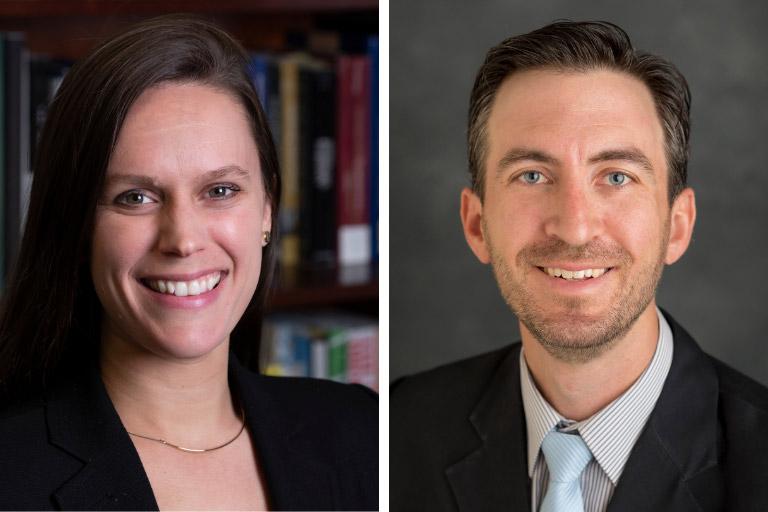
Assistant Professor Candace Brakewood and Professor Chris Cherry will be guiding UT’s partnership with a consortium led by Georgia Tech to address declining transit ridership. The team was awarded a $1 million grant from the US Department of Transportation as one of four new Tier 1 University Transportation Centers (UTCs), which are funded to address critical transportation challenges facing the United States.
Just four teams were selected from nearly 70 applications to receive the UTC grants.
Brakewood and Cherry will join researchers from civil and environmental engineering and industrial engineering from Georgia Tech, along with two other partnering institutions—the University of Kentucky and Brigham Young University.
“This is a critical research topic for transit systems across the country. I look forward to continue working with Georgia Tech and the University of Kentucky to better understand changing trends in transit ridership,” said Brakewood.
Through a project sponsored by the Transportation Research Board, Brakewood and collaborators at Georgia Tech and Kentucky have already spent two years studying the underlying factors that have led to a recent decline in transit use.
“Technological changes in transportation coupled with economic shifts have required transit systems to adapt,” said Cherry. “This center will educate future transit professionals and provide research to improve transit systems throughout the US.”
This work takes on new urgency in light of the effects of the COVID-19 virus on transit ridership and will include recovery strategies for a post-pandemic reality.
The center will take on a two-track research approach. The Community Analysis Track, which will be led by Brakewood, will further assess ridership trends, identify and measure the markets most effectively served by transit, and assess transit’s ability to respond to a changing environment.
The Multi-Modal Optimization and Simulation Track builds upon previous research to allocate which services should be traditional transit routes with a set schedule and which services should be flexible and on-demand. This will consider competition from ride-hailing services like Uber and Lyft, which may be a contributor to declining transit ridership.
The team hopes to provide transit agencies with new insights into transit ridership trends, enabling them to adapt more quickly to changing conditions.